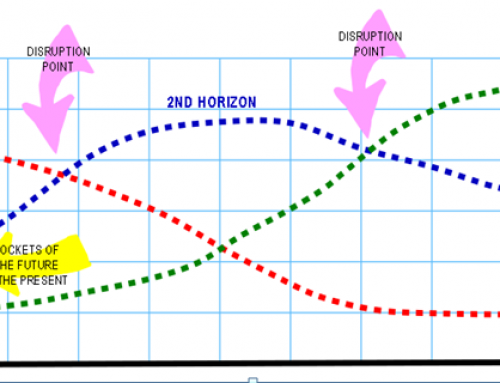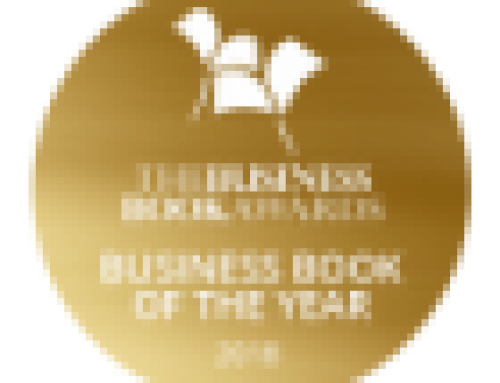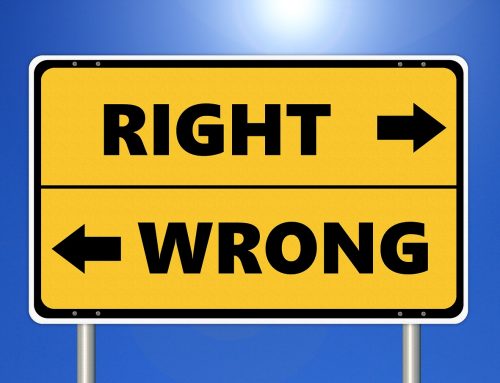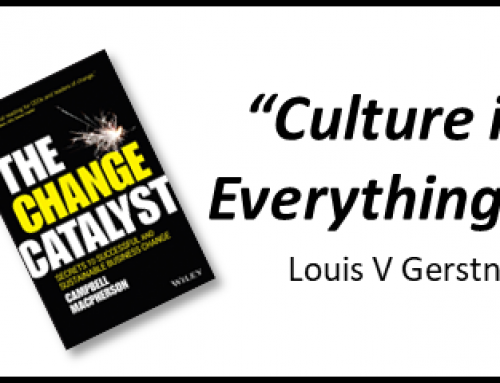Published in CEO World 4 March 2023.
I was lucky enough to see The Lehman Trilogy at the Gillian Lynne Theatre in London last month. What a brilliant play: sharp script, clever set, perfect direction, magnificent performances. Every second of the three hours and twenty minutes was unmissable. But there was one moment in particular that made me gasp and will stick with me for a long while.
It was in the third act when Robert Lehman, the last of the family ever to lead the firm, declared to a gathered throng: “Our business is very simple: we make money out of money.”
“That was the moment!” I said out loud, much to the embarrassment of my wife.
And it was indeed the moment. For although the firm would continue to trade for a further forty years, I have no doubt that this was the moment when the seeds of the firm’s destruction were sown; the moment when it first began to abandon its ‘Strategic Core’.
Your Strategic Core
Every organisation, every company, every department, every team needs a strong Strategic Core – without which it is doomed to mediocrity or irrelevance; destined for disappointment.
A strong Strategic Core is the foundation of your future success. It enables your organisation to fulfil its potential. It also enables your business to thrive in uncertainty and bend with the inevitable changes that will come your way.
Your Strategic Core has three components:
The Why. (Your Purpose) Why does your organisation / department / team exist – and for whom?
The What. (Your Magic) What makes you special? What do you want to be famous for? What is the core ethos / guiding principles of your organisation?
The So What. (Your Benefits) How does your organisation benefit every one of its stakeholders – its people, its customers, its partners, its suppliers, its shareholders and society at large?
When coupled with a clear Aspiration, a strong Strategic Core gives you the strength and clarity you need to be agile in delivery (The How) in full understanding of what you are seeking to achieve and why.
Now, back to Lehmans, and a quick potted history.
Up until ‘the moment’, the brothers seem to have built their business on traditions of quality and customer service. They started out in 1847 selling quality fabrics, clothing and then dry-goods before morphing into cotton traders, representing the growers of the finest quality Alabaman cotton. After the American Civil War, they became a bank to help finance the reconstruction of Alabama. They were instrumental in the formation of the New York Cotton Exchange before morphing further into becoming an ‘issuer’: helping other companies list on the fledgling New York Stock Exchange.
The bank survived the 1929 crash in large part due to a luck of timing as they had not yet invested a large tranche of client money when the stock market fell off a cliff. And the bank was still thriving in the 60s when Robert Lehman supposedly uttered the words that made such an impression on me. In the decade after Bobby’s death, Lehman Brothers opened a trading arm which by all accounts could have been the inspiration of The Wolf of Wall Street. “Making money from money” had trumped and trashed the principles of quality and customer outcomes espoused by the firm’s founding fathers.
Lehman Brothers would go on to merge and then de-merge with American Express before an extreme bout of hubris finally killed the company in 2009. It seems that flogging billions of ‘AAA-rated’ toxic investments underpinned by the sale of mortgages to people who couldn’t afford them – was not a good idea after all, and a once-great firm was consigned to the history books.
For more than a century before ‘the moment’, Lehman Brothers was agile, eager and able to seize new opportunities – powered by a firm understanding of why it existed and for whom, of what made it special, and of the ethos of quality and customer service that gave it strength.
But once they had started to weaken their Strategic Core, they were doomed.
How many other firms had similarly weak cores and could have (arguably should have) gone the same way but were saved by taxpayers instead …
How strong is your Strategic Core?
(If you wish to explore the matter further, click to download our Essential Guide to Strategy).
Warm regards
Campbell.












